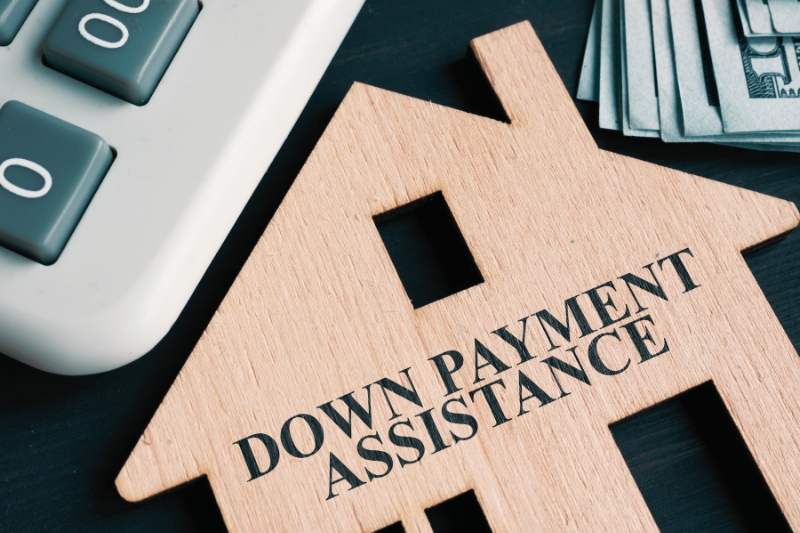Buying a home isn’t just about falling in love with that cute bungalow in Cypress…
How Appraisers Delay Closings
Appraisers play a crucial role in determining the value of a property during the homebuying process. While their primary responsibility is to provide an impartial property valuation, there are instances where delays in loan closings can occur. It’s important to clarify that deliberately causing delays for personal gain or any unethical reason is strictly prohibited and can result in serious consequences for the appraiser.
If you’re concerned about potential delays in your loan closing that may be related to the appraisal process, it’s crucial to understand legitimate reasons for such delays:
1. High Demand: In a bustling real estate market, appraisers may face a backlog of properties awaiting valuation. This backlog can lead to natural delays in the appraisal process.
2. Complex Properties: Properties with unique features or extensive renovations often require more in-depth assessment. Appraisers need additional time to gather information and evaluate these complex factors.
3. Scheduling Conflicts: Appraisers might encounter scheduling conflicts or difficulties in accessing the property, which can contribute to delays.
4. Errors or Omissions: If the initial appraisal report contains inaccuracies or missing details, it may need revisions or corrections, causing delays in the closing process.
5. Appraiser Independence: Appraisers are required to work independently, free from any influence or pressure from parties involved in the transaction. If there are concerns regarding an appraiser’s independence, it may necessitate the assignment of a new appraiser, causing additional time delays.
It’s essential to recognize that most appraisal-related delays stem from logistical challenges or property complexity, rather than any unethical motives. In cases where you suspect that a delay is occurring due to improper reasons, it’s vital to report your concerns to the appropriate regulatory authority or oversight body for a thorough investigation. Click HERE to see if you qualify for a free review of your debt-to-income (DTI) ratio.





